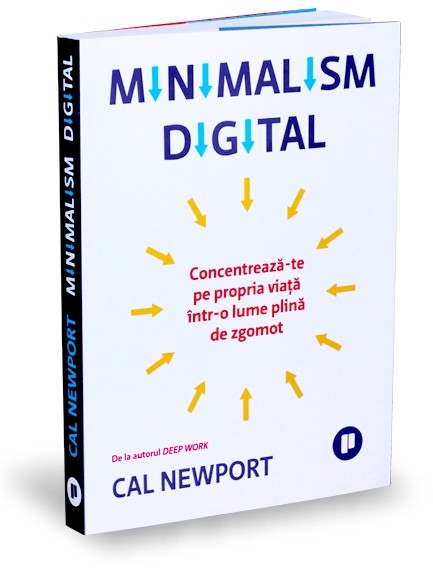

The author also spends an entire chapter discounting the benefits of online friends, and that meaningful interaction might need to occur online because of physical distance. Additionally, far too much time is spent waffling about the habits of American presidents from 200 years ago, and catering to American middle-aged working professionals. We all know that we need to be spending less times on our phones, and having someone who has never used social media incorrectly describe how we must feel to give it up is both irritating and a waste of time. However, despite what he says in the beginning, the author's lack of experience with social media is more of a hindrance than a benefit. Newport offers some great research on why this is a good idea and a load of inspiring practical tips on how to ditch your social feeds and what to do instead.Digital minimalism is very important, and I appreciate that listening to this motivated me even more to take breaks from my phone and focus on other things.

Although, to be fair, the idea of cutting back on digital distraction has been in my mind for some time. I already have a dumb phone which I’m going to be using a lot more as a result of reading this. Introducing us to digital minimalists - the calm, happy people who can hold long conversations without furtive glances at their phones or obsessively document everything they eat - Newport reveals how to live more intentionally in our tech-saturated world. In this timely book, professor Cal Newport shows us how to pair back digital distractions and live better with less technology. Our addiction to tech leaves us feeling exhausted and overwhelmed. The urge to pick up our phones every few minutes has become a nervous twitch that shatters our time into shards too small to be present. I’m reading DIGITAL MINIMALISM by Cal Newport, author of the excellent DEEP WORK.


 0 kommentar(er)
0 kommentar(er)
